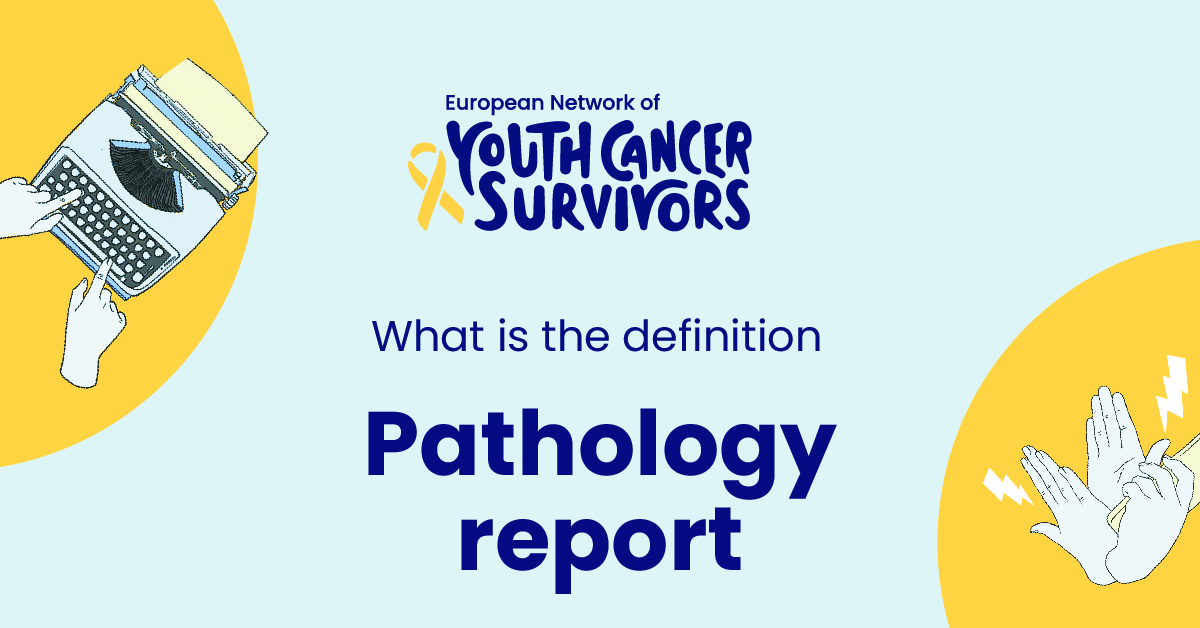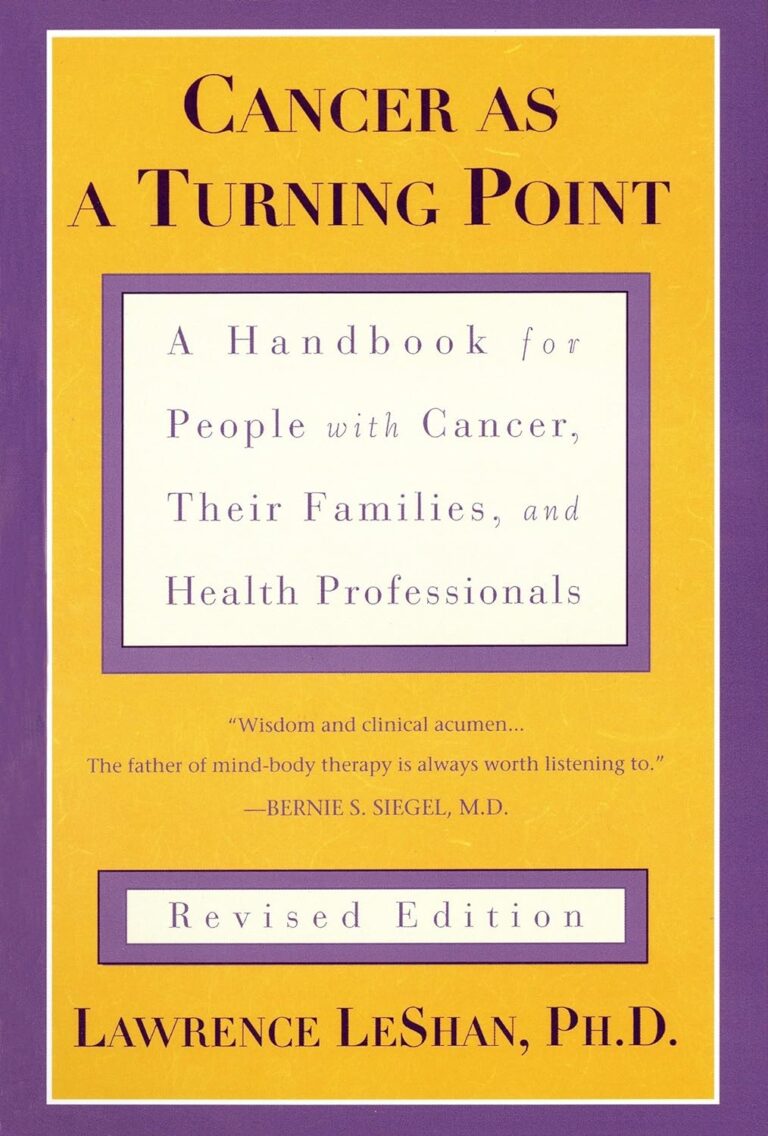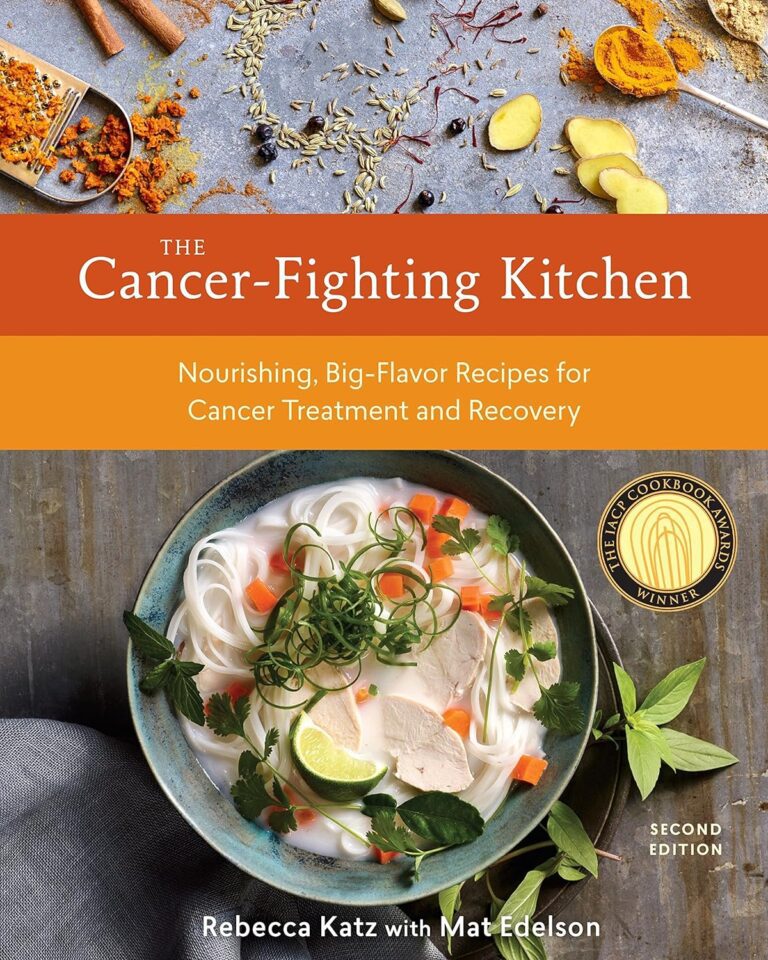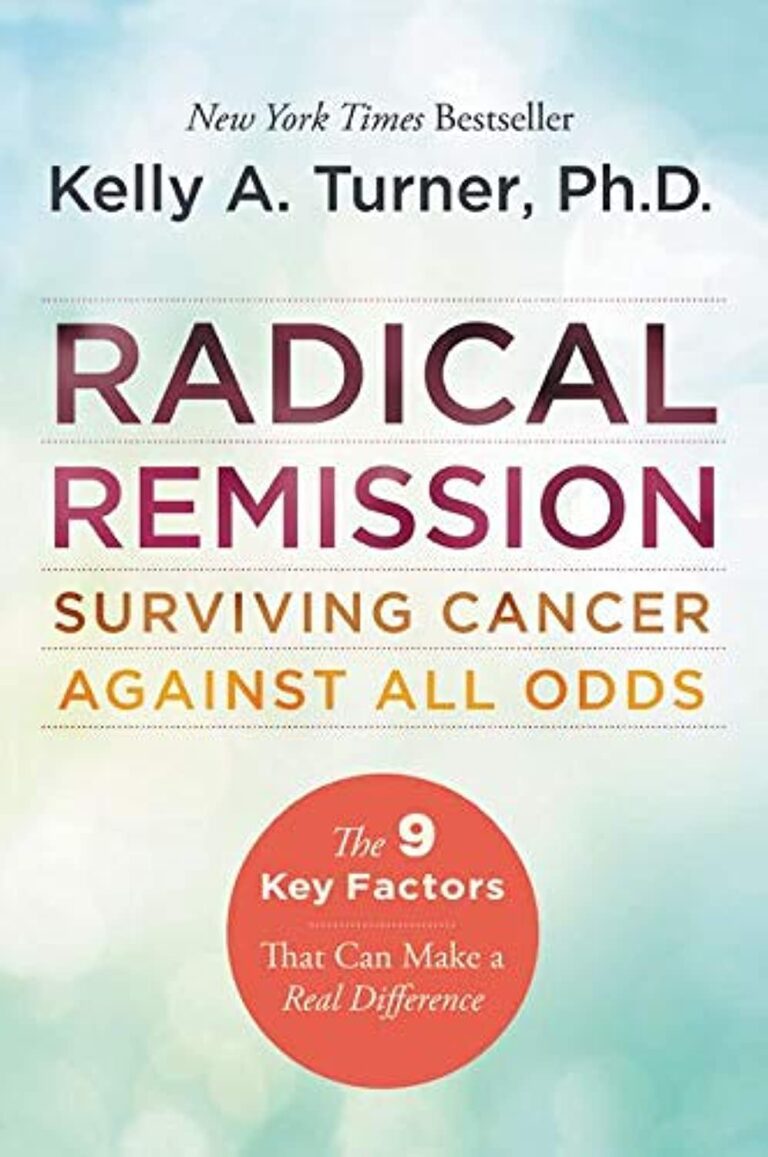
The journey to holistic health often involves decoding an array of complex medical documents. Among the most significant of these documents is the pathology report. This critical piece of information serves as a reference guide to both healthcare providers and patients on the road to diagnosis and treatment.
In this article, we draw the curtain back on the importance of pathology reports, their components, how to read them, and the role they play in various medical fields. Strap in for an enlightening journey!
Understanding Pathology Reports: The Basics
A Brief Definition of a Pathology Report
A pathology report is a document that provides detailed information about a patient’s tissue or cell sample. It’s often created after a biopsy, surgery, or during an autopsy. These reports are prepared by pathologists—medical doctors who specialize in interpreting laboratory tests and evaluating cells, tissues, and organs to diagnose disease.
The Vital Role of Pathology Reports in Medical Diagnosis and Treatments
Pathology reports play a fundamental role in medical care. They serve as a cornerstone for diagnosis, staging, and treatment planning. From the data in a pathology report, doctors can determine disease severity, develop treatment plans, and gauge the prognosis of a patient’s health condition. In summary, pathology reports create an in-depth roadmap for individualized patient care.
Components of a Pathology Report
Patient’s Clinical Information
This section includes data such as a patient’s demographic details, referring doctor’s information, and the nature of the sample collected. It helps to provide context to the patient’s case.
Specimen Description: Color, Size, and Weight
This provides a general overview of the sample, including its location, weight, dimensions, shape, color, and any visible anomalies. These physical features often offer clues to the disease or disorder in question.
Microscopic Description: Cells’ Appearance and Behavior
This segment describes what the pathologist observes under a microscope. They report on the structure and the arrangement of cells and tissues. Variations in this part of the report can indicate abnormalities like malignancy or infection.
Diagnosis: Interpretation of the Findings
Here, the pathologist provides an interpretation of the microscopic findings. This diagnosis forms the basis of therapeutic strategies and plans.
Commenting: Pathologist’s Opinion
In this concluding segment, the pathologist often provides additional comments, amplifying particular findings or offering comparative analyses with previous reports if available.
How to Read a Pathology Report
Key Sections to Look Out For
When reading a pathology report, specific sections need particular attention. These include the diagnosis, the microscopic description, and the pathologist’s comments. These parts essentially tie the report together.
Understanding Medical Terminologies
Pathology reports often use specific jargon. Don’t fret over complex medical terminologies. Often, a simple Google search, a medical dictionary, or a brief consultation with a healthcare provider should unmask the meaning of these terms.
Interpreting Different Pathological Conditions
Interpreting pathology reports takes practice and understanding of medical terminology and disease patterns. If you’re a patient, it’s best to ask your healthcare provider for help deciphering your pathology report’s content explicitly.
Get to know us better
If you are reading this, you are in the right place – we do not care who you are and what you do, press the button and follow discussions live

The Significance of a Pathology Report in Various Medical Fields
Role in Oncology: Identifying Types of Cancers and their Grades or Stages
Pathology reports are indispensable in oncology. These reports not only identify the type of cancer but also its grade, stage, and even the characteristics of the cancer cells. Such information is crucial for planning effective treatment and care.
Role in Gastroenterology: Identifying Gastrointestinal Conditions
Pathology reports aid in diagnosing various gastrointestinal conditions ranging from inflammatory bowel disease to stomach ulcers. They are an invaluable tool for gastroenterologists.
Role in Dermatology: Diagnosing Skin Conditions and Diseases
In Dermatology, pathology reports give a detailed description of skin disease, thus aiding in accurate diagnosis, prognosis, and treatment planning.
Conclusion
We hope this article has shone a torch on the mystery-laden path of understanding pathology reports. Indeed, these reports play a critical role in healthcare as they guide diagnosis, treatment planning, and overall patient healthcare management.
FAQs
- What is a pathology report and why is it important?
A pathology report is a vital document that provides insightful data about a patient’s tissue sample or cells. It’s crucial because it guides diagnosis, and treatment planning, and informs prognosis.
- Who prepares a pathology report and who should read it?
A pathology report is prepared by a pathologist – a medical doctor trained in lab tests and in evaluating cells, tissues, and organs to diagnose diseases. Ideally, healthcare providers read pathology reports to make informed medical decisions. However, patients can also read these reports for a comprehensive understanding of their health condition.
- How can I understand the complex medical terminologies used in pathology reports?
Understanding medical terminologies can be daunting but manageable. Utilize online resources or a medical dictionary. Alternatively, consult your healthcare provider for clarity on these terms.
- Can a pathology report be used in diagnosing any disease or is it limited to specific areas?
Pathology reports play a versatile role in healthcare. They aid in diagnosing a wide range of diseases across various specialties ranging from oncology and dermatology to gastroenterology and beyond.
- How frequently can one expect to receive a pathology report during ongoing medical treatments?
The frequency of pathology reports depends on the nature and the course of the disease. Some patients may receive several reports during their course of treatment, especially in ongoing conditions like cancer. always check with your healthcare provider for specifics.

















Comments
Thank you. Comment sent for approval.
Something is wrong, try again later